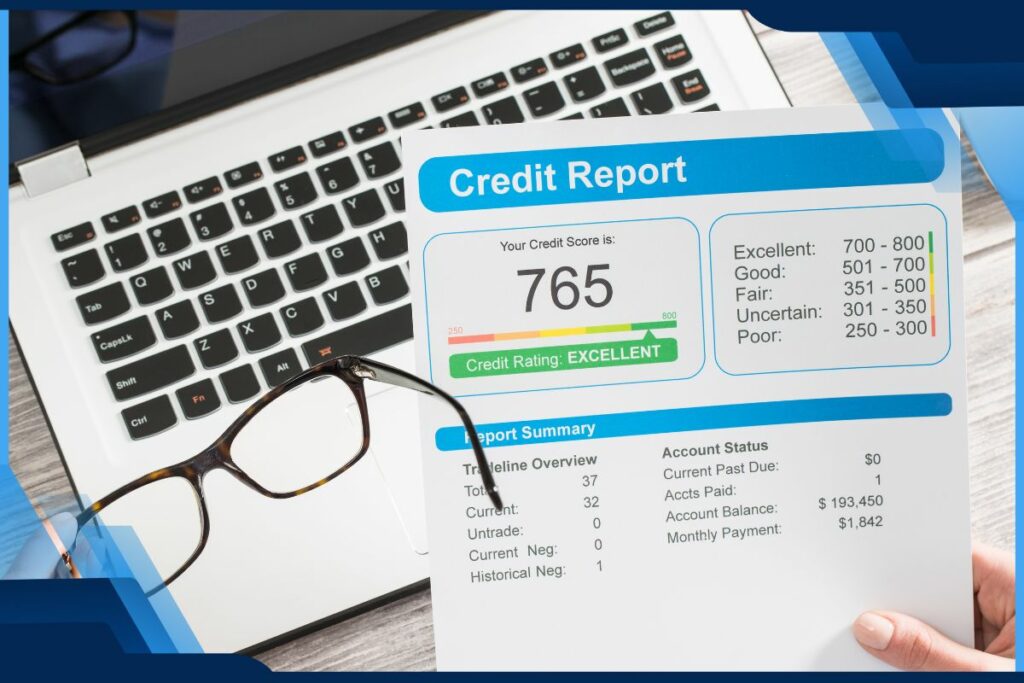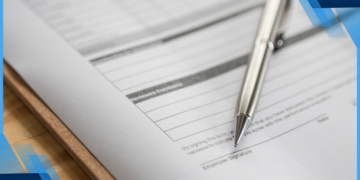Tips for Improving Your Creditworthiness

Improving your creditworthiness is essential for accessing better financial opportunities, such as securing a home loan, car finance, or even getting a better credit card.
In Australia, your credit score plays a significant role in determining how lenders view your financial reliability.
This guide explores actionable strategies to enhance your credit profile, using simple and natural language to help even those new to the concept understand the essentials of building a strong credit standing.
How to Check Your Credit Report in Australia
In Australia, checking your credit report is the first step toward improving your creditworthiness. You can obtain a free copy of your credit report annually from credit reporting bodies like Equifax, Experian, or illion.
These organizations collect your financial information and use it to generate a credit score, which ranges from 0 to 1200. Higher scores indicate better creditworthiness. Regularly reviewing your report ensures you’re aware of your current standing, helping you spot any errors that could be affecting your score negatively.
Tips for Improving Your Creditworthiness
1. Pay Your Bills on Time
Consistent, timely bill payments are one of the most crucial factors in boosting your creditworthiness. Late or missed payments can significantly impact your score, as they suggest you might be unreliable in managing financial obligations. To ensure timely payments, consider setting up direct debits or automatic transfers, particularly for essential bills like utilities, credit card payments, and loans.
2. Reduce Outstanding Debt
Managing debt effectively is a vital aspect of improving your credit score. Aim to pay down high-interest debts, such as credit card balances, first. This not only saves you money on interest but also lowers your credit utilization ratio—an important factor in calculating your score. Gradually reducing your debts, even in small amounts, can show lenders that you’re making an effort to improve your financial situation.
3. Check Your Credit Report Regularly
It’s essential to check your credit report periodically for inaccuracies or potential fraudulent activity. Incorrect details, such as unfamiliar accounts or erroneous listings of late payments, can negatively affect your score. If you spot errors, file a dispute with the credit reporting body to get them corrected. Staying vigilant helps maintain an accurate credit record and protects your financial reputation.
4. Keep Credit Utilization Low
Credit utilization refers to how much credit you’re using compared to your total credit limit. To keep your score high, try to use less than 30% of your available credit. For example, if your credit card limit is $10,000, aim to keep your balance below $3,000. Lower utilization suggests responsible credit management, making you more appealing to lenders.
5. Maintain a Long Credit History
A longer credit history generally benefits your creditworthiness, as it demonstrates stable financial behavior over time. Keeping older accounts open, even if they’re not actively used, can positively impact your credit score. Closing old accounts can shorten your credit history and increase your credit utilization, both of which may hurt your score.
6. Limit New Credit Applications
Applying for multiple credit products in a short period can harm your score, as it suggests a higher risk to lenders. Each application leads to a credit inquiry, which slightly lowers your score. Be selective and only apply for credit when necessary, ensuring you’re ready to manage any new financial responsibility effectively.
7. Use a Mix of Credit Types
Having a diverse range of credit products—like a credit card, personal loan, or mortgage—can improve your credit profile. It demonstrates your ability to manage various forms of debt responsibly. However, only take on additional credit if it aligns with your financial goals and budget, as excessive borrowing can lead to financial strain.
8. Become an Authorized User
Being added as an authorized user on a trusted individual’s credit card can be beneficial, especially if you have limited credit history. This approach allows you to “piggyback” on the account holder’s positive payment history, which can improve your own credit score. Ensure the primary cardholder has a solid credit profile, as any negative actions will also reflect on your report.
9. Increase Credit Limits
If you have a strong payment history, consider requesting a higher credit limit on your existing cards. This can improve your credit utilization ratio, but be cautious not to increase your spending as well. The goal is to create more available credit without accumulating more debt, which can signal better credit management to lenders.
10. Pay Off Smaller Debts First
Starting with smaller debts can provide a psychological boost, making you feel more in control of your finances. It also reduces the number of outstanding accounts, which can positively affect your score. As you eliminate smaller debts, you’ll have more financial resources to tackle larger balances.
11. Consolidate Debt
Debt consolidation involves combining multiple debts into a single loan or credit card, often with a lower interest rate. This can make repayments easier to manage and potentially reduce your overall interest cost. By simplifying your financial obligations, you’re less likely to miss payments, improving your credit score over time.
12. Set Up Payment Reminders
Avoid missed payments by using digital tools like calendar alerts or bank notifications. You can also set up automatic payments for minimum amounts to ensure you never miss a due date. Consistent on-time payments will gradually enhance your creditworthiness.
13. Avoid Closing Credit Card Accounts
Closing credit card accounts may seem like a smart move, but it can actually raise your credit utilization ratio and reduce your credit history length. Both factors can negatively impact your score. Instead, consider keeping the card open with minimal use or simply paying off the balance without closing the account.
14. Negotiate with Creditors
If you’re facing difficulty managing debt, reach out to your creditors to negotiate payment plans or lower interest rates. Many financial institutions are open to working with you if they see genuine effort to repay debts. A well-negotiated plan can make it easier to manage repayments and prevent missed payments.
15. Use a Secured Credit Card
If you’re rebuilding your credit, consider using a secured credit card, which requires a security deposit as collateral. These cards function like regular credit cards, and responsible use (e.g., on-time payments) will be reported to credit agencies, helping you establish a positive payment history.
Conclusion
Improving your creditworthiness in Australia involves consistent financial habits, from timely payments and reducing debt to maintaining a clean credit report. By understanding the factors that affect your credit score and taking proactive steps, you can enhance your financial reputation, making it easier to access better credit products in the future.
FAQs
- How often should I check my credit report?
It’s recommended to check your credit report at least once a year to ensure it’s accurate and free from errors. - Does checking my credit report affect my score?
No, checking your own credit report is considered a “soft inquiry” and does not impact your score. - What is a good credit score in Australia?
In Australia, a score above 700 is generally considered good, while scores above 800 are considered excellent. - Can paying utility bills improve my credit score?
Yes, paying utility bills on time can positively impact your credit score if the provider reports to a credit bureau. - How long does it take to see improvements in my credit score?
Depending on your actions, it can take several months to see noticeable improvements in your credit score. Consistency is key.
Related content

First Home Buyer Australia: Grants and Loan Tips You Need to Know

Understand Your Money Mindset: Make Smarter Choices with Behavioural Finance

How BNPL Is Changing Everyday Aussie Spending

Tax File Number explained: what it is, why it matters, and how to apply and protect yours

Estate Planning: Why and How to Protect Your Assets
